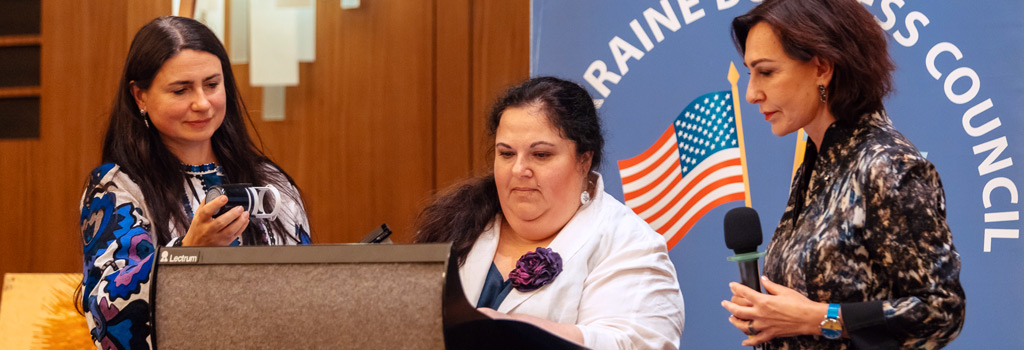|
Extension of the quarantine period
On 2 April 2020, the Cabinet of Ministers of Ukraine (CMU) by its Resolution No. 255 reinforced the restrictions imposed due to the quarantine that was set in the whole territory of Ukraine until 24 April 2020.
Permitted business activity
Business activities involving interactions with visitors require the use of masks and sanitizers by employees and visitors, and are limited to the following:
- operation of eating establishments solely for remote orders;
- operation of grocery and household stores, petrol stations, pharmacies and banks;
- trade in telecommunication and relevant equipment, activities related to internet connection, etc.;
- trade in veterinary preparations, feeds, pesticides, agrochemicals, seeds and planting material;
- medical and veterinary practice;
- activities for the maintenance and repair of vehicles, computers, and personal and household goods;
- financial services activities, etc.
Passenger transportations
Passenger transportations by automobile transport are prohibited except for transportations: (i) by passenger cars; (ii) by corporate or leased transport of employers with certain restrictions; and (iii) by public transport of employees of certain enterprises providing, among other things, healthcare, food supply, etc.
Self-isolation and mandatory observation
The CMU has also defined the categories of persons subject to self-isolation or mandatory observation.
- Self-isolation: The obligation of self-isolation has been established for persons who: (i) have come into contact with a person with COVID-19 (except for doctors); (ii) have been infected with this disease but do not require hospitalization (to be determined by a doctor), or have suspected infections; or (iii) have reached the age of 60 (with certain exceptions), etc. Such persons are obliged to refrain from contacting other persons (except persons living together with them) and not to visit public places, except for emergency visits (in particular, to get medical assistance or to buy some meals).
- Mandatory observation is established, among others, for persons who have crossed the Ukrainian border (except for truck drivers, crew members, employees of diplomatic or consular missions, etc., with exceptions), as well as for persons who have come into contact with a person with COVID-19 or who have relevant symptoms but refuse to undergo a medical examination, or who have violated a self-isolation regime twice. Within 14 days, such persons should be placed in specialized institutions determined by the Kyiv city and regional state administrations.
Restrictions imposed in Kyiv
A number of restrictions and measures have been introduced in Kyiv, including:
- entry/exit via checkpoints with temperature screening at entry and a ban on the entry of persons with signs of respiratory diseases;
- obligation for citizens who have returned from countries where COVID-19 cases are registered (and/or who have come into contact with a person with COVID-19) to provide certain information by calling the appropriate "hotline";
- limitation of the number of consumers permitted to be in commercial premises at the same time (one person per 10 square meters);
- restriction of movements within the city, including in public places, without urgent need (listed), etc.
For businesses that cannot operate remotely, additional responsibilities have been imposed, including:
- providing entrance sanitary control for visitors (if their reception cannot be stopped) by visual inspection and temperature screening (if necessary);
- providing employees contacting visitors with personal protective equipment (medical masks and antiseptic);
- conducting daily temperature screenings of all employees before and after working shifts;
- not permitting people with signs of acute respiratory infectious disease, etc., to come to work, etc.
Impact on employers
Given the quarantine extension, temporary restrictions and a number of additional responsibilities, employers should consider:
- appointing employees to be responsible for preventive and anti-epidemic measures, the daily monitoring of restrictive measures and the prompt implementation of necessary measures;
- transferring employees to a remote working regime or introducing a flexible working regime, or other changes to working terms;
- discussing with employees the possibility of using annual vacation during quarantine, etc.
Information resources
- The Coronavirus Resource Center provides key resources, legal alerts by jurisdiction and contacts in our offices who may provide any additional information.
- The COVID-19 Global Employer Guide provides answers to the most popular questions from employers due to the COVID-19 pandemic. It covers 42 countries, including Ukraine.
|
 Holodomor Posters
Holodomor Posters





















